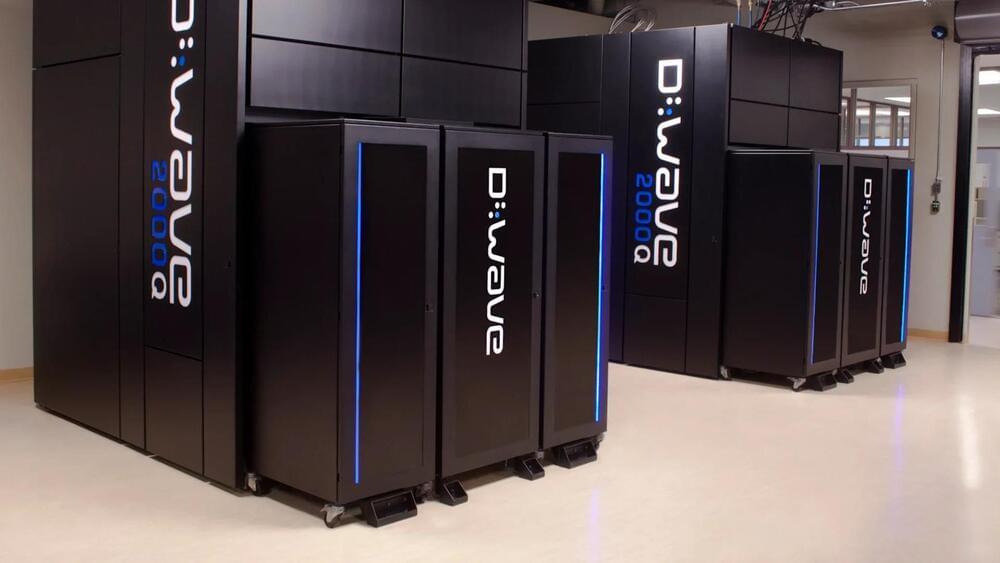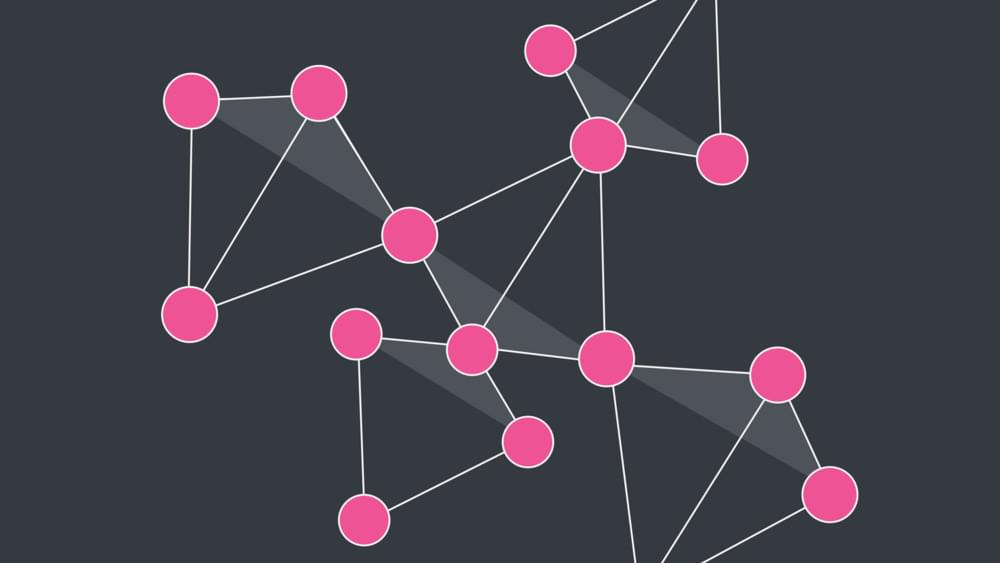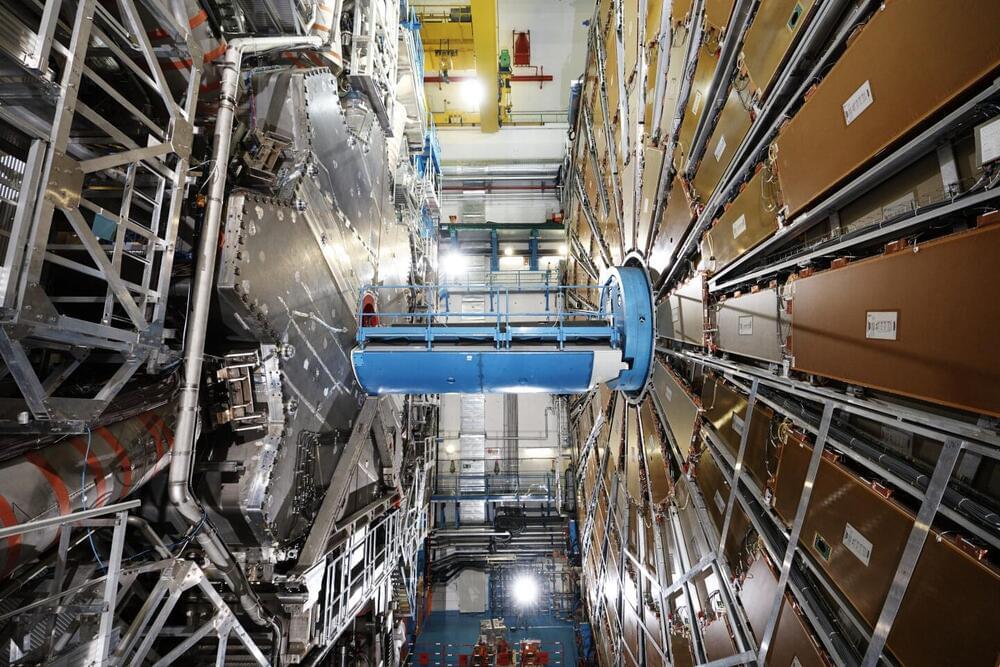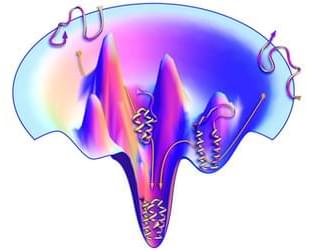Predicting the behavior of many interacting quantum particles is a complex task, but it’s essential for unlocking the potential of quantum computing in real-world applications. A team of researchers, led by EPFL, has developed a new method to compare quantum algorithms and identify the most challenging quantum problems to solve.
Quantum systems, from subatomic particles to complex molecules, hold the key to understanding the workings of the universe. However, modeling these systems quickly becomes overwhelming due to their immense complexity. It’s like trying to predict the behavior of a massive crowd where everyone constantly influences everyone else. When you replace the crowd with quantum particles, you encounter what’s known as the “quantum many-body problem.”
Quantum many-body problems involve predicting the behavior of numerous interacting quantum particles. Solving these problems could lead to major breakthroughs in fields like chemistry and materials science, and even accelerate the development of technologies like quantum computers.









